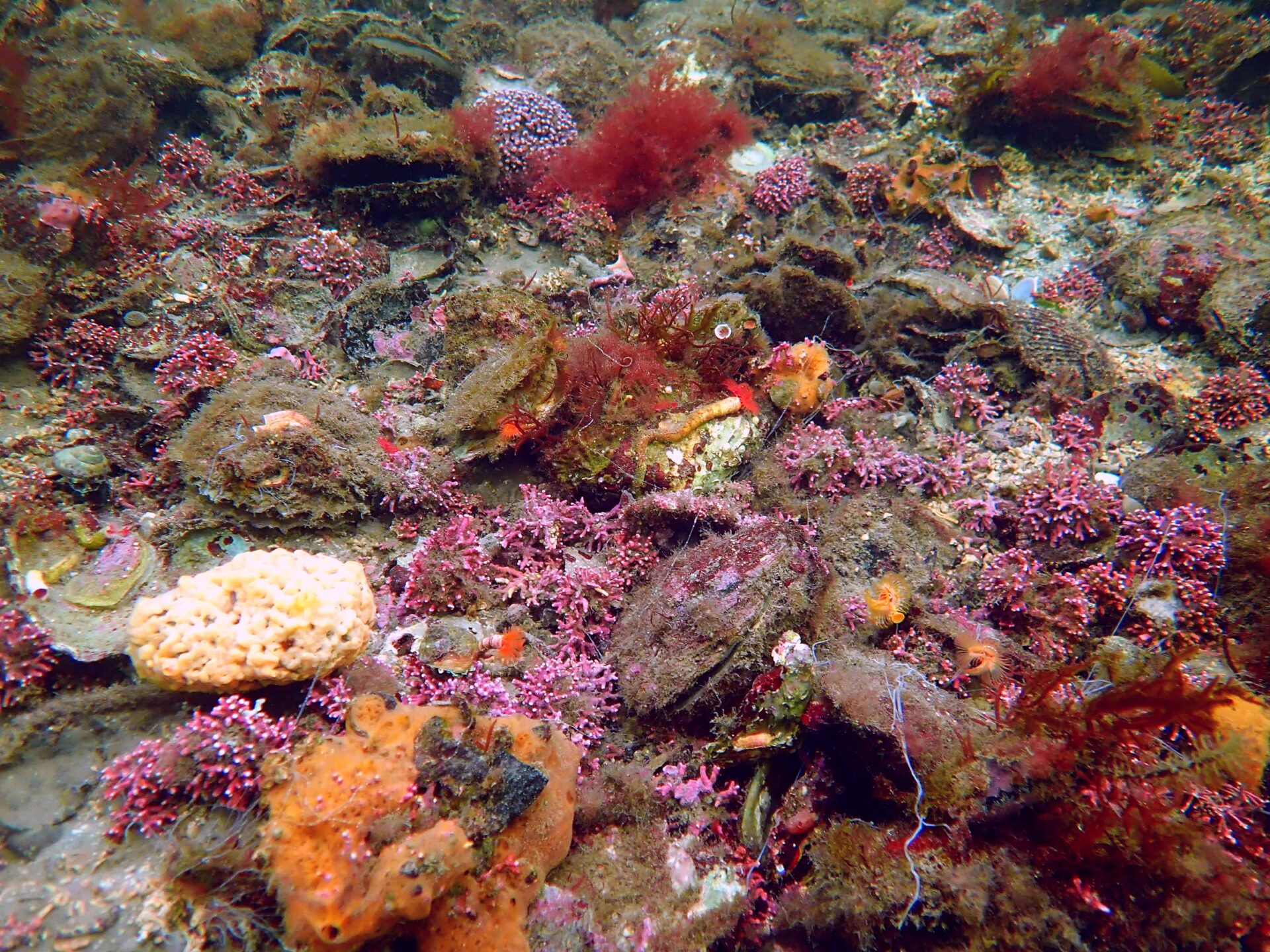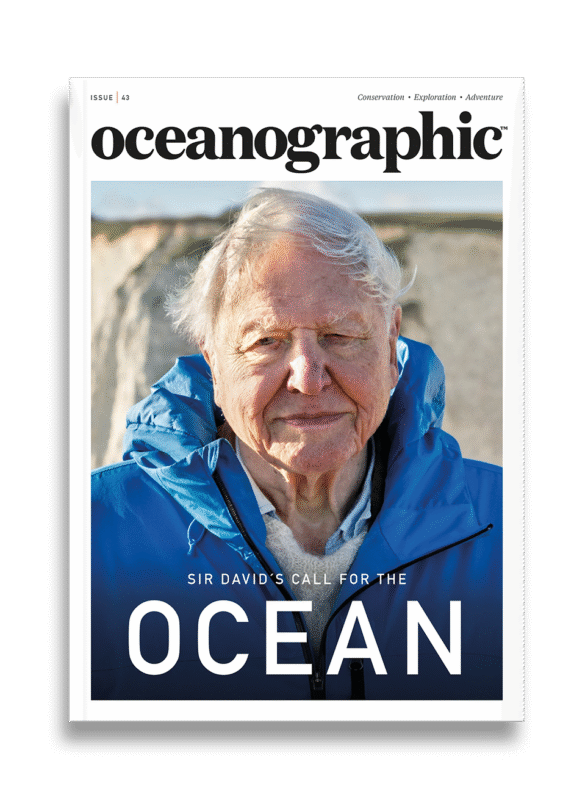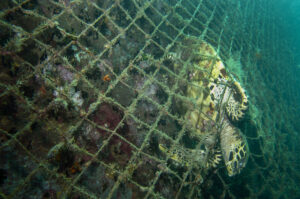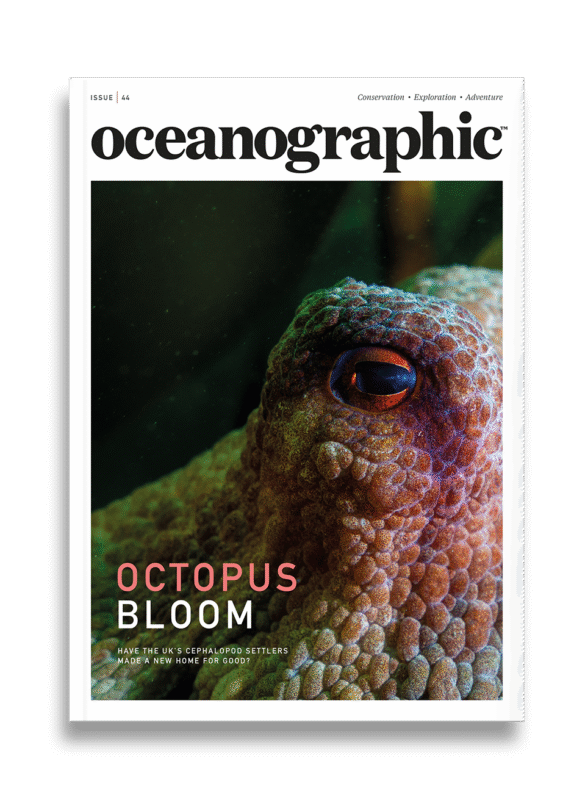Ireland to restore lost oyster reefs and rebuild coastal resilience
Led by University College Dublin in partnership with Atlantic Technological University, the five-year project - called Building Resilient Irish Coasts through Oyster Restoration - will explore how long-lost oyster reefs can restore biodiversity and bolster coastal resilience.
A new €1.5 million marine research initiative is setting out to bring native flat oyster reefs back to Ireland’s shores.
Led by University College Dublin (UCD) in partnership with Atlantic Technological University (ATU), Queen’s University Belfast (QUB), and Trinity College Dublin (TCD), the five-year BRICONS project (Building Resilient Irish Coasts through Oyster Restoration) will explore how these long-lost reefs can restore biodiversity and bolster the resilience of coastal ecosystems.
Funded through the Marine Institute’s Marine Research Programme, BRICONS first got off the ground in June 2025 and is among the projects selected under the 2024 call “The Changing Use of Ireland’s Ocean: Measuring and Monitoring the Impacts on Our Marine Biodiversity and Ecosystems.”
At its heart, BRICONS is investigating the ecological and engineering potential of re-establishing native Ostrea edulis (known as the European flat oyster) reefs along Ireland and Northern Ireland’s coastlines. Once a vital part of the marine ecosystem, these reefs have all but vanished due to centuries of overexploitation and habitat loss.
Their restoration could play a key role in stabilising sediments, filtering water, and creating vibrant habitats for a range of marine species.
“We want to understand how nature-based solutions like oyster reef restoration can help our coasts adapt to climate change,” said Dr Paul Brooks, Project Coordinator and marine ecologist at UCD’s School of Biology and Environmental Science.
“Oyster reefs have the potential to enhance biodiversity, improve water quality, and serve as natural buffers against erosion and storm impacts – all while supporting sustainable harbour and port use.”

The project’s leadership team brings together a wealth of expertise with a line-up that includes Dr Md Salauddin (UCD School of Civil Engineering), Dr José M. Fariñas-Franco (ATU), Dr Annika Clements (QUB), and Dr Nessa O’Connor (TCD).
BRICONS will also fund five new research positions across the partner universities, strengthening Ireland’s capacity in marine restoration science.
Pilot sites will be established in collaboration with port and harbour authorities and coastal community groups, testing innovative restoration techniques and showcasing how living reefs can serve as scalable, nature-based solutions for coastal management.
“Restoring native oyster reefs offers an exciting opportunity to enhance biodiversity, improve ecosystem resilience, and deliver real climate action,” said Dr Niall McDonough, Director of Policy, Innovation and Research Services at the Marine Institute. “BRICONS demonstrates the strength of North-South collaboration and the power of science to shape sustainable coastal futures.”
As Ireland advances its commitments under the EU Nature Restoration Law, which calls on Member States to revive lost habitats such as oyster reefs, BRICONS stands at the forefront of a growing movement to rebuild the natural foundations of coastal life.


"*" indicates required fields
Printed editions
Current issue
Back issues

Back Issues
Issue 43 Sir David Attenborough’s ‘Ocean’

Back Issues
Issue 41 Holdfast to the canopy
Enjoy so much more from Oceanographic Magazine by becoming a subscriber.
A range of subscription options are available.








